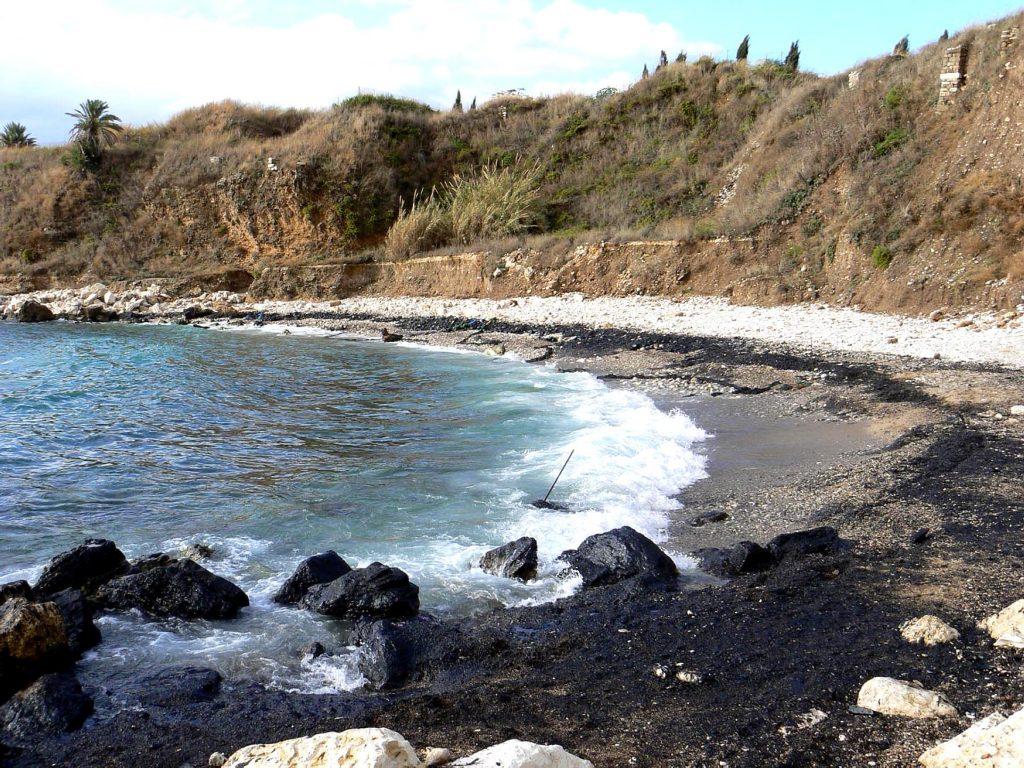On September 18, the Michigan Pipeline Safety Advisory Board voted unanimously to recommend that Michigan Tech organize and lead other state universities in an independent risk analysis of the environmental and economic impacts of a “worst-case scenario” spill or release from an oil pipeline that runs beneath the Straits of Mackinac.
“Michigan’s universities would be working together to provide the data,” said Guy Meadows, director of Michigan Tech’s Great Lakes Research Center, in a press release, “Michigan Tech would lead the process because of our extensive knowledge of the Straits of Mackinac region and its complex flows and would determine the best ways for the best people at Michigan’s universities to contribute.”
The Straits pipelines consist of two parallel 20-inch pipelines that make up a 4.5-mile section of Line 5, an oil pipeline owned by the Canadian natural gas company Enbridge, that flows from Wisconsin to Ontario, Canada. Every day, nearly 23 million gallons of oil flow through the pipelines, which were built in 1953 during the Eisenhower administration and lie exposed in the water at the bottom of the Straits of Mackinac.
A number of factors have led to recent concern over the risk the pipeline poses to the Great Lakes, including a recent increase in the volume and pressure of fluids moving through the pipeline and newly discovered issues of compliance with the contract between Enbridge and the State of Michigan. An oil spill caused by the bursting of Line 6B into a tributary of the Kalamazoo River in 2010 also brought attention to oil transportation safety, seeing as the spill was the largest inland oil spill in U.S. history.
In 2015, the Michigan Petroleum Pipeline Taskforce issued a report that made 13 recommendations, including the establishment of PSAB and the commissioning of a risk analysis and alternative analysis of the Straits pipelines section of Line 5.
As of June 29, 2017, the alternatives analysis has been completed, but the risk analysis was temporarily halted three months ago when the State terminated its contract with the third-party contractor conducting the analysis as a result of a conflict of interest. Michigan Tech was chosen to lead the risk analysis as a replacement and if the State agrees with the recommendation, Meadows will resign from the board to lead the risk analysis.
The analysis itself would include the environmental fate and transport of oil released from the Straits in the event of a worst-case scenario spill, how long remediation of a spill like this would take, short and long-term public health, public safety and ecological impacts and potential measure to mitigate ecological impacts. In conducting the risk analysis, Michigan Tech and other university partners would prepare a draft report and hold at least one public information presentation on the initial analysis.
Comments on the draft report would then be considered before preparing a final report. “The Pipeline Safety Advisory Board recommended Michigan Tech because the people of Michigan need a data-driven solution,” Glenn Mroz, president of Michigan Tech, said in a press release, “That’s what scientists and engineers do. We ask questions, gather the evidence and analyze the data to understand the big picture.”





